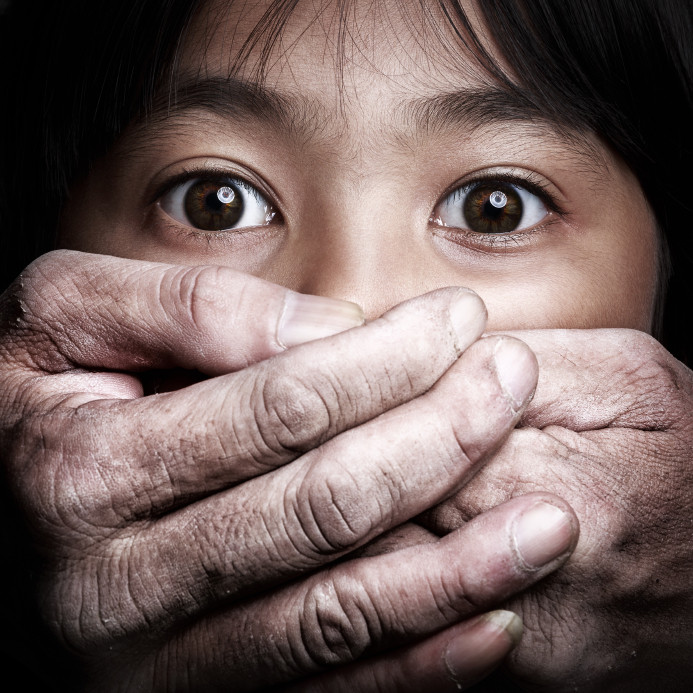Speaking Out About Sexual Assault

If you have been sexually assaulted, know that you are not alone. It's so common in the United States that April has been designated as Sexual Assault Awareness Month. It's disheartening that this grievous form of personal injury affects 1 in 5 women, as well as 1 in 59 men, per the CDC. However, it's important to acknowledge the victims, and give them the strength to stand up for their rights. Sexual Violence is More than Rape When most people think of sexual assault, it's assumed that a rape occurred. Although that certainly falls under the same umbrella, there are numerous forms of it, including:
- Penetration of an unwilling party
- Attempted penetration of an unwilling party- even if the act is not completed
- Attempts to force an unwilling party to penetrate the perpetrator, regardless of whether it is successful
- Unwanted physical sexual contact
- Unwanted non-physical sexual incidents, like verbal sexual harassment or threats
Most Victims Suffer in Silence According to The Rape, Abuse, and Incest National Network (RAINN), 68% of these crimes are not reported to the authorities. As a result, 98% of offenders don't spend a single night behind bars. Perhaps this is because two-thirds of victims know the person who assaulted them, and in 38% of rapes, the perpetrator was a friend or acquaintance. Fear of retribution from the attacker, shame, and self-blame, often play a role in a victim's decision to not step forward. Sexual Violence is Common, and Anyone Can Be a Victim Although it's difficult to pinpoint exact numbers, because so few victims report the crimes committed against them, RAINN reports that there are 293,000 incidents in the United States every year. This brakes down to 1 assault every 107 seconds. Anyone can be a target, though 44% of victims are minors, and 80% are younger than 30. Although the vast majority of victims are female, around 3% of them are male. The Effects are Long-Lasing Statistics gathered by RAINN indicate that victims are more likely to:
- Suffer from depression
- Suffer from post-traumatic stress disorder (PTSD)
- Abuse alcohol
- Abuse drugs
- Contemplate suicide
Getting Help After the Event If you have been sexually assaulted, please know itis not your fault, and that you are not alone. It's important to get medical treatment as swiftly as possible following an assault. Doctors are trained to take preventative measures to keep you safe, and will also gather evidence with your permission. This can be of benefit later, should you which to pursue charges or begin a personal injury suit. If time has passed or you are uncomfortable seeing a doctor, contact the local authorities. As a final option, the CDC recommends that you contact RAINN at 1-800-656-HOPE. Even if you're not prepared to take any action, it can often help to be able to speak freely with a caring individual.
Charleston Sexual Assault Attorney
If you or someone you love has been hurt, please reach out for help. There are numerous agencies which can provide you with medical care and counseling. At the same time, you may be entitled to reparations for the acts committed against you. Courts commonly award funds for medical bills, counseling, and pain and suffering. We can help you through this difficult time and will treat your case with the respect it deserves. Please contact us using our online form or speak with one of our attorneys right away by calling 1(800)610-2546.
Contact Us
Clore Law Group welcomes your questions about any issues concerning a serious personal injury, car accident, medical malpractice, nursing home neglect, or business tort. If you have a viable claim, we’ll explain the legal process. Since consultations are always free, there’s no cost in learning your legal options.